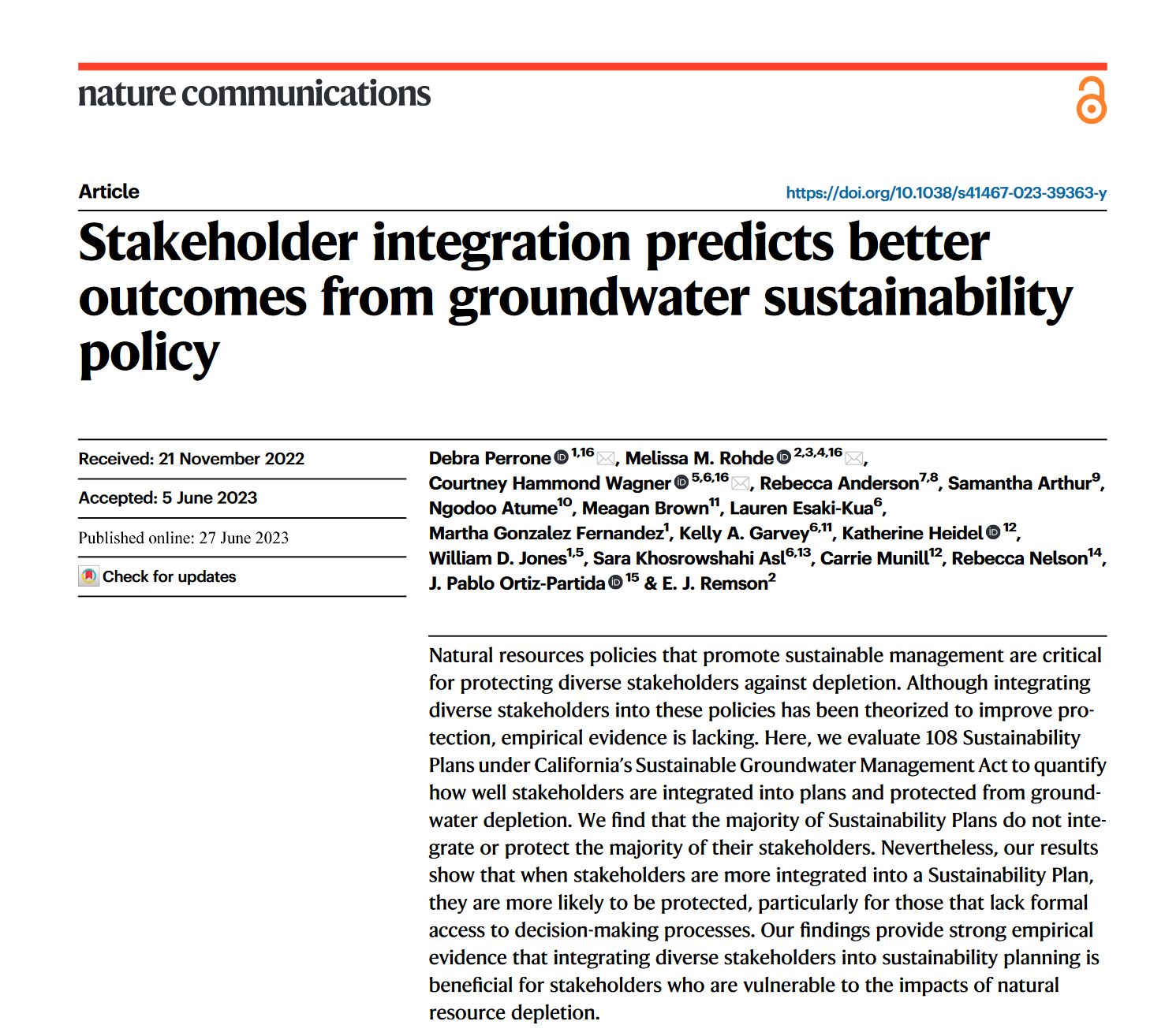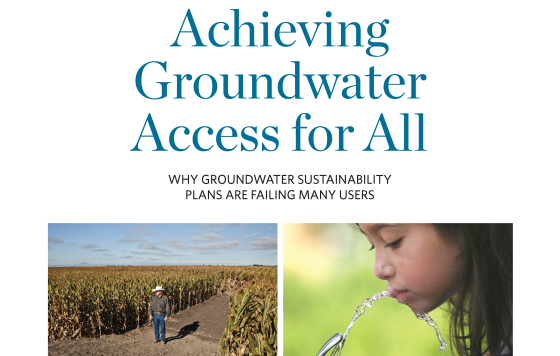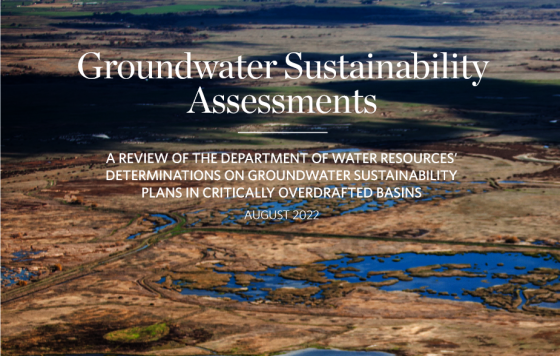This month I co-authored a Nature Communications journal publication titled “Stakeholder Integration predicts more equitable groundwater sustainability policy”. This new study evaluates how different types of stakeholders are included in the implementation of California’s Sustainable Groundwater Management Act (SGMA) of 2014.
SGMA was passed by the legislature almost a decade ago to ensure that California's groundwater is managed sustainably. Domestic groundwater users, including the disadvantaged communities that we work with, have not been adequately engaged and integrated into groundwater sustainability planning. Our study found that when groundwater plans fail to engage and integrate input from these stakeholders, vulnerable users are not protected in plans.
For the past three years, Clean Water Action has played a leading role in assessing how groundwater sustainability plans submitted to the state are considering and protecting vulnerable communities dependent on groundwater as their source of drinking water. Key findings from our study show that current sustainability plans do not protect 63% of domestic users across the state. If SGMA implementation continues on this path, more drinking water users will be left unprotected, despite local agencies’ claims that they are complying with the Act.
A report with policy recommendations was published last week alongside the Nature Communications journal publication. The policy report, titled “Achieving Groundwater Access for All”, is based on findings from the study with course corrective measures for state agencies regulating SGMA. The Department of Water Resources failed 6 of these plans for lack of protection of groundwater users. These plans are now in the hands of the State Water Resources Control Board to do better by the communities that they have failed for almost ten years.
We at Clean Water Action encourage you to explore the groundwater interactive tool to understand if domestic wells in your community are protected under SGMA here.





